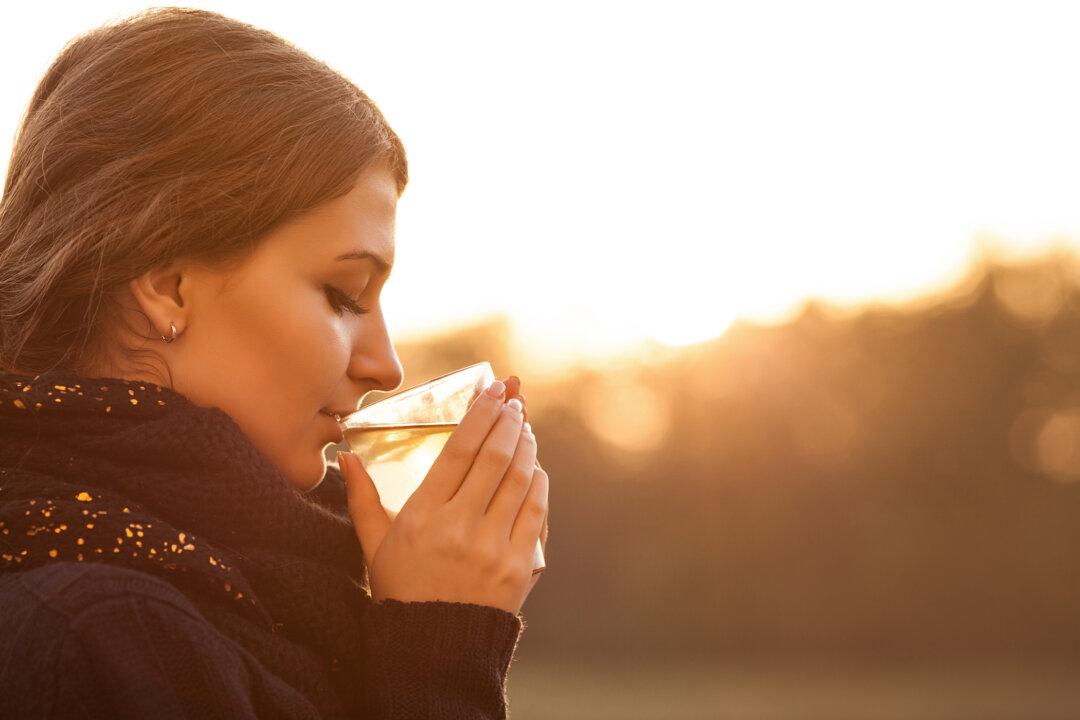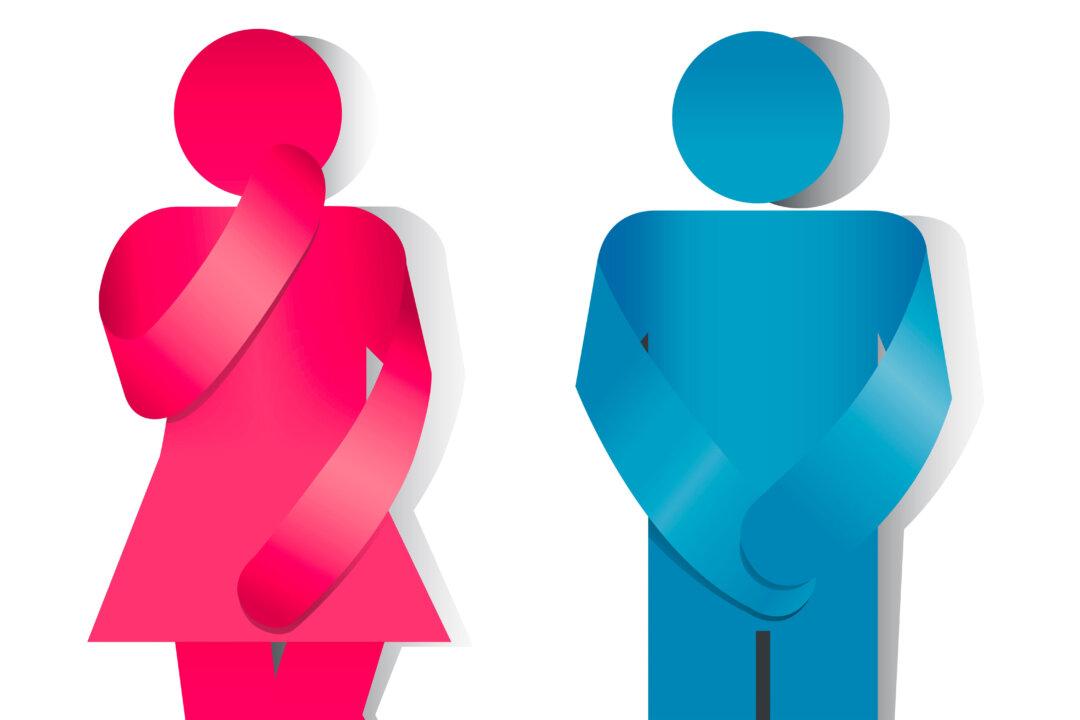Sodium benzoate is a synthetic chemical produced when benzoic acid, which is found naturally in some fruits and spices, is combined with sodium hydroxide. Since sodium benzoate contains a natural ingredient, it is probably safe, right? After all, the US Food and Drug Administration (FDA) and the Canadian Health Protection Branch have pronounced this chemical preservative to be acceptable when consumed in low amounts.
In fact, the FDA has granted sodium benzoate GRAS (Generally Recognized as Safe) status, and the so-called safe limit in food is 0.1 percent by weight. In water, the acceptable limit, set by the Environmental Protection Agency, is 5 parts per billion (ppb). But this common food additive, which is found in carbonated sodas, fruit juice products, salad dressings, and fermented foods such as vinegar, wine, and pickles, is not natural nor safe. Here’s the story.





